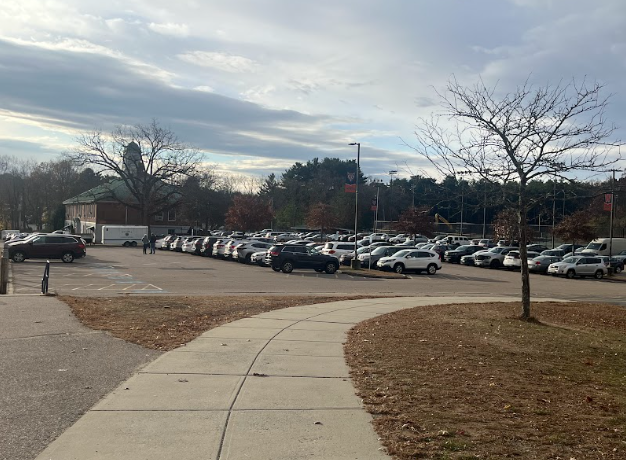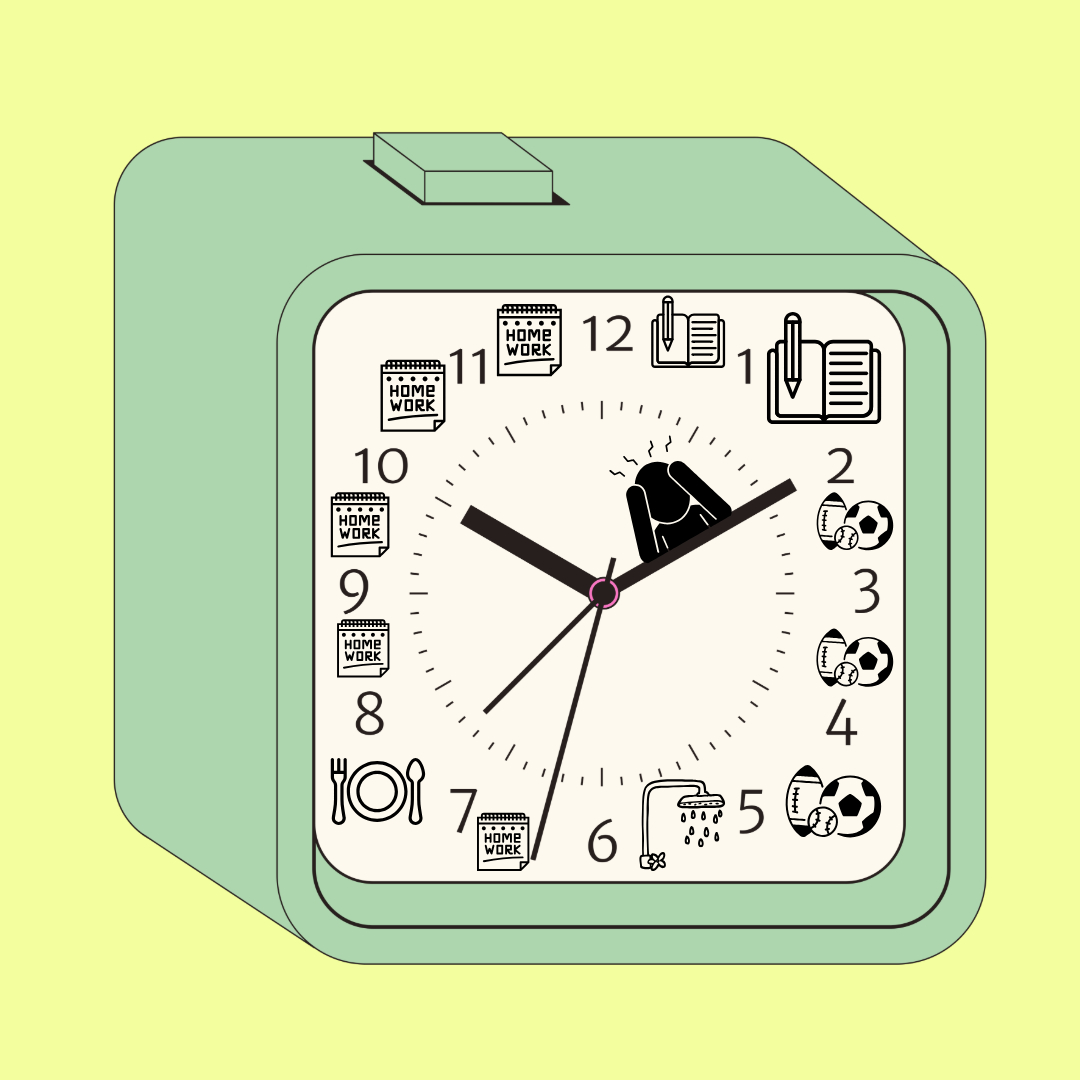Currently, the Walpole School Committee is reviewing Walpole High School’s Chemical Health policy. The School Committee is seeking the input of community members with the ultimate goal of making sure that the policy’s main purpose is to protect students and keep them safe.
In order to really keep students safe, the policy needs to accomplish two things: first, it has to deter students from drugs, alcohol and situations where they could be in danger; second, it needs to provide a standardized procedure for when students are in dangerous situations. Right now, the Chemical Health policy does neither. So how do we make sure that the changes to the policy will accomplish both?
First, changes to the policy need to outline more specific consequences for students who receive a chemical health violation. Since Walpole High has used many of the rules created by the MIAA, with the exception of the “in the presence of” clause, the WHS policy is more geared towards athletes. While the WHS policy does mention that students who do not participate in a sport will have to sit out of their extracurricular activities, it attempts to extend the same punishments that athletes face to extracurriculars, and leaves a lot up to administrative, case-by-case discretion. Athletes are not the only students who receive chemical health violations, yet often they end up facing the harshest punishments because of the nature of the policy. Moreover, shouldn’t the student face some sort of punishment outside of a sport or activity that provides the structure and focus in life that actually keeps kids away from drugs and alcohol? There needs to be a stricter and fairer rule in place—all students should face a similar punishment, or at least one that is equal in terms of severity.
Additionally, whatever rule is in place absolutely must be enforced. Rules that do not carry consequences do not detract kids from drinking or doing drugs; strict rules with strict and consistent follow-through do. The current policy and loose follow-through does not convince students to stay away from drugs and alcohol. However, when the school sets a precedent that drinking and drug use will not be tolerated, students will be more motivated to stay away from dangerous situations in the first place.
But sometimes students do get into trouble. If our school policy is really aimed at student safety, it should protect students first and punish them later. The second change to the Chemical Health Rule needs to be one that relates specifically to when students are in dangerous situations. The first and most important step to safety is eliminating the “in the presence of” clause in the school handbook.
As the Walpole High School chemical health policy currently stands, administration has adopted the basic guidelines of the MIAA policy, with the exception of the “in the presence of” clause, which is not included in MIAA rules. In regards to this clause, the Walpole High School handbook states that “Walpole High School follows a stricter standard than the MIAA with respect to determining and defining possession” and explains that “possession means being ‘in the presence of’ and shall include being or remaining at a site, or in a building, residence, or vehicle in which a controlled substance or alcohol is being used, consumed, or possessed.”
With this clause in place, students who are merely in an unsupervised environment where there is alcohol or drugs will be punished the same as the students who are actually under the influence. The idea that students who haven’t done anything wrong will get into trouble is absurd. Moreover, the clause contradicts the Good Samaritan Law that provides legal protection to people assisting another person in danger. Students are hesitant to call for help because they are afraid they will be punished, even though they themselves aren’t drinking or doing drugs. The policy needs to explicitly outline a more specific procedure for identifying and protecting students while they are in a dangerous situation, not just after. In a life or death situation, students should feel safe calling for help if a classmate is in danger, and they shouldn’t have to fear that helping a friend will earn them a chemical health violation.
Overall, the Walpole School Committee and the Walpole High School community are moving in the right direction. The policy needs to be reviewed and updated. When we prioritize student protection first and punishment later, Walpole will become a safer place for students and the community alike.














